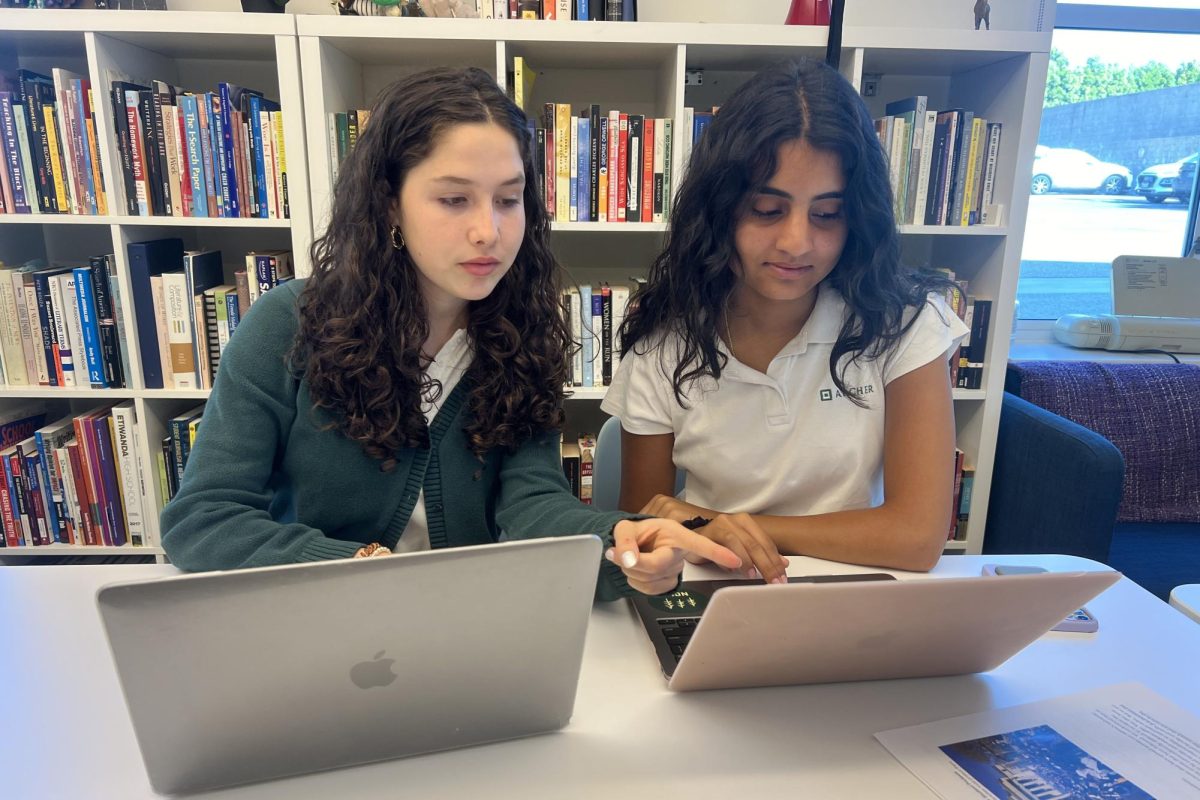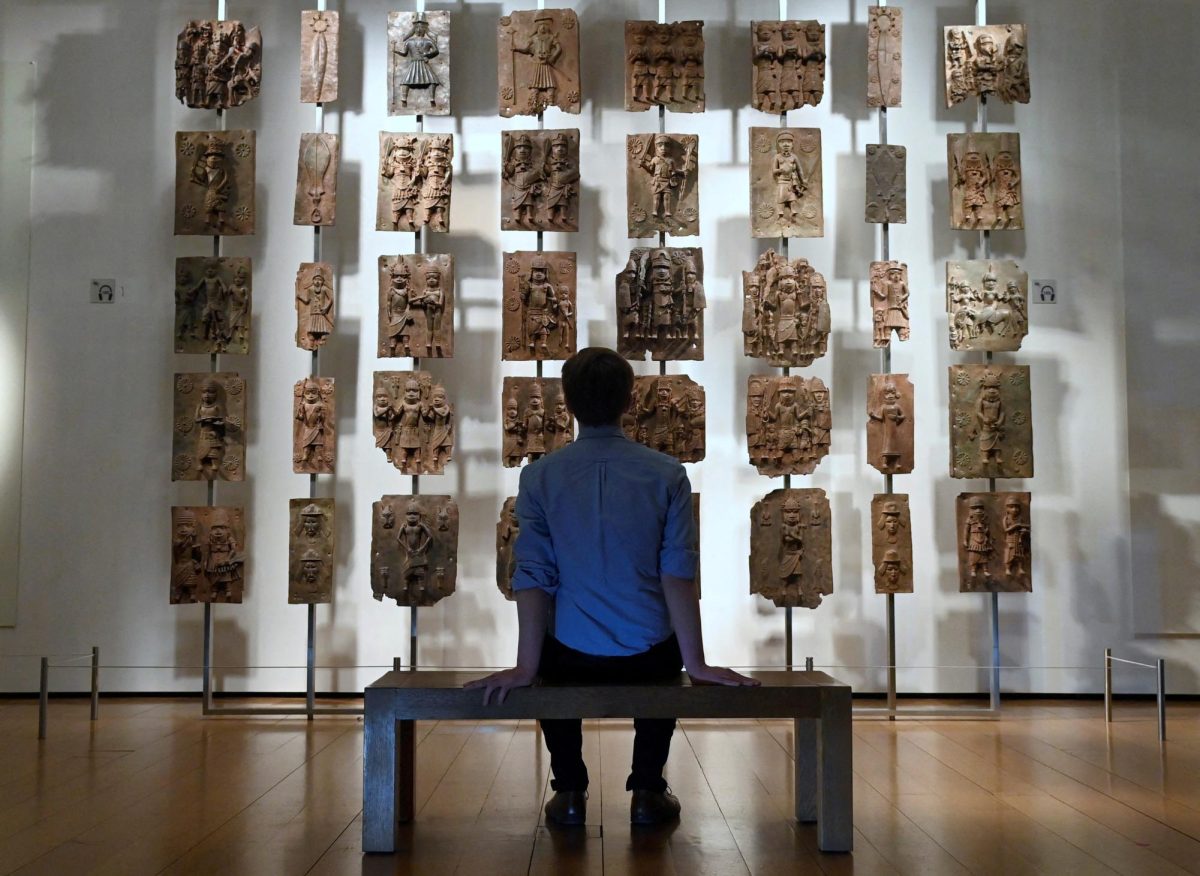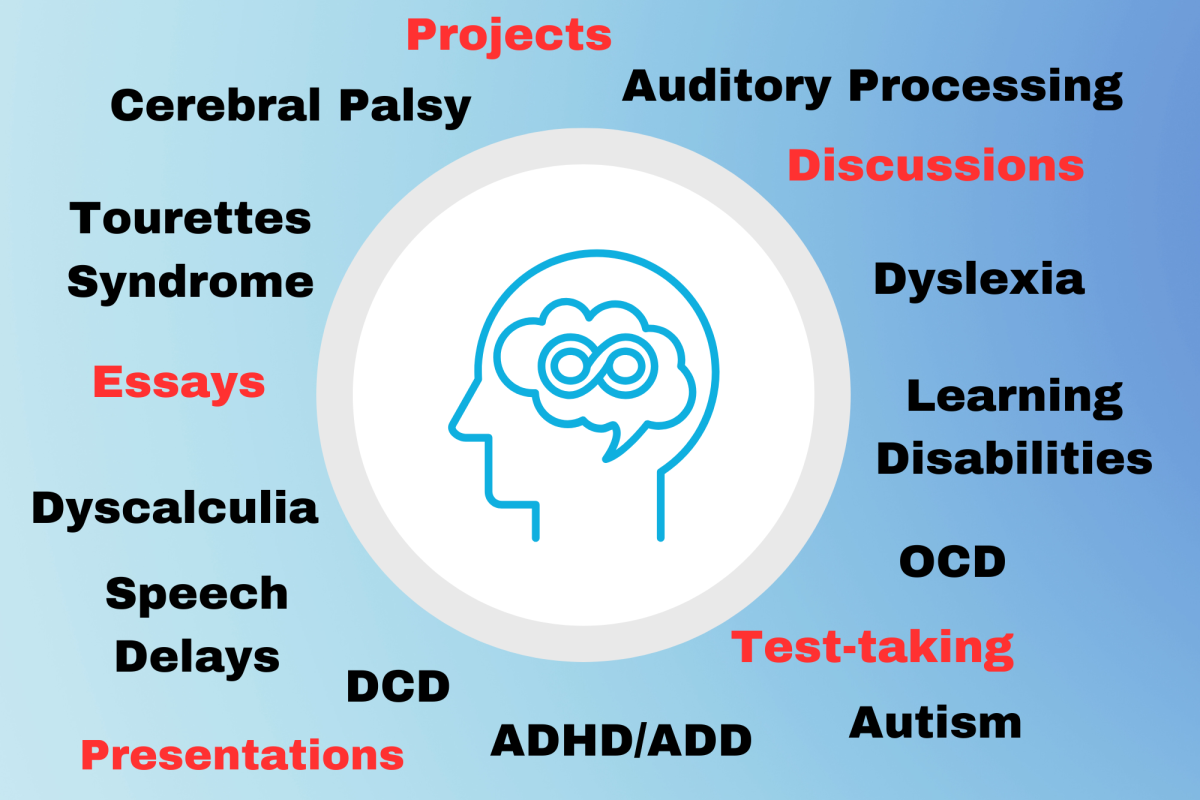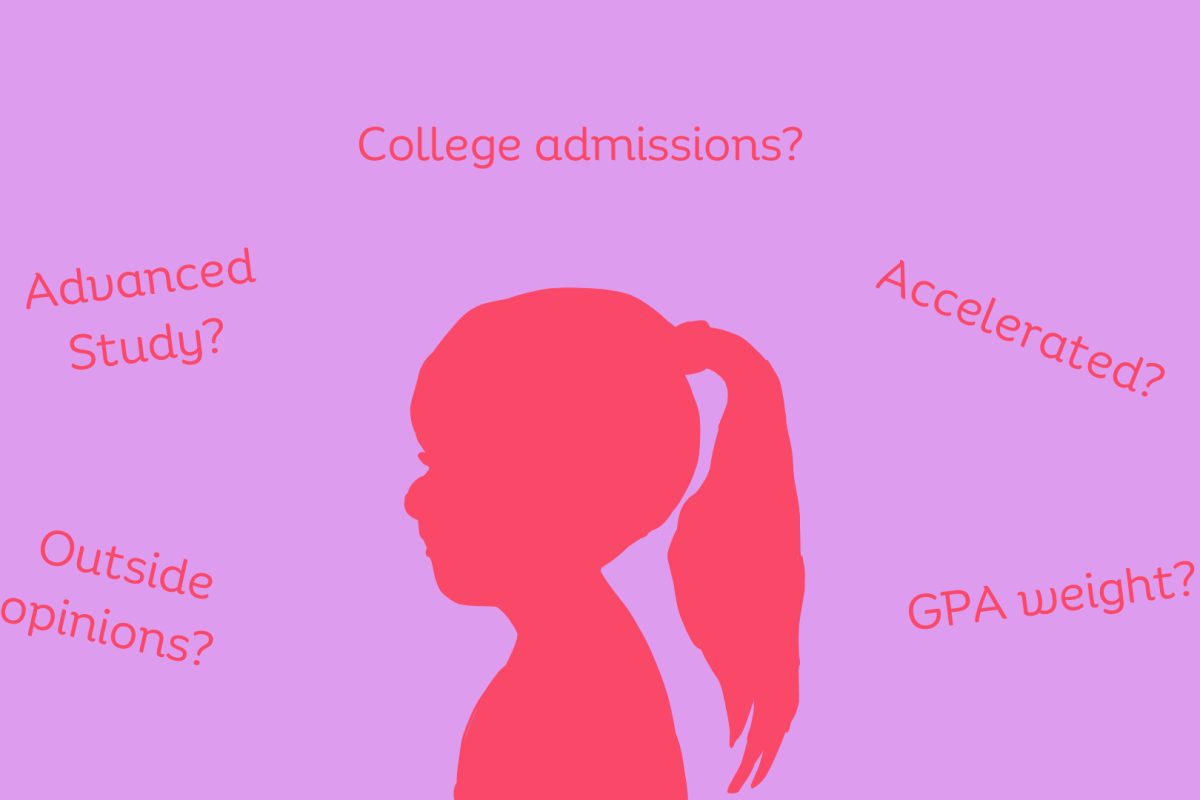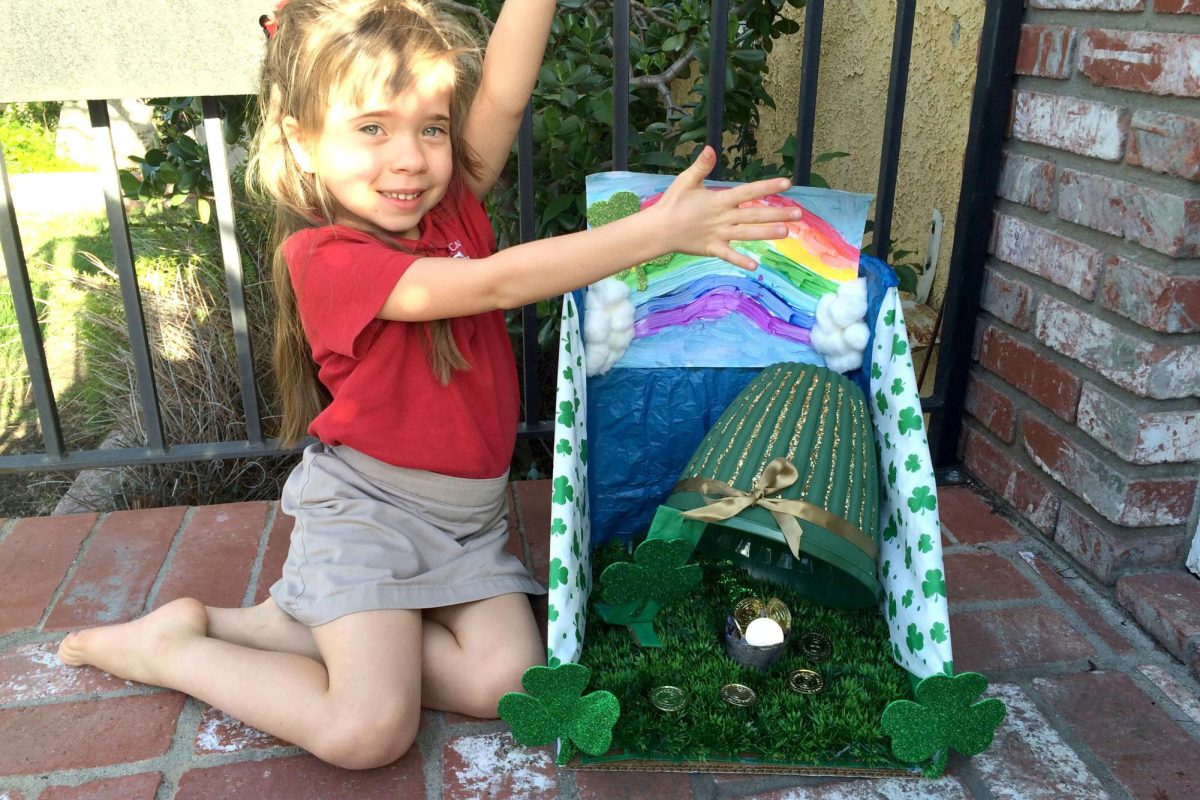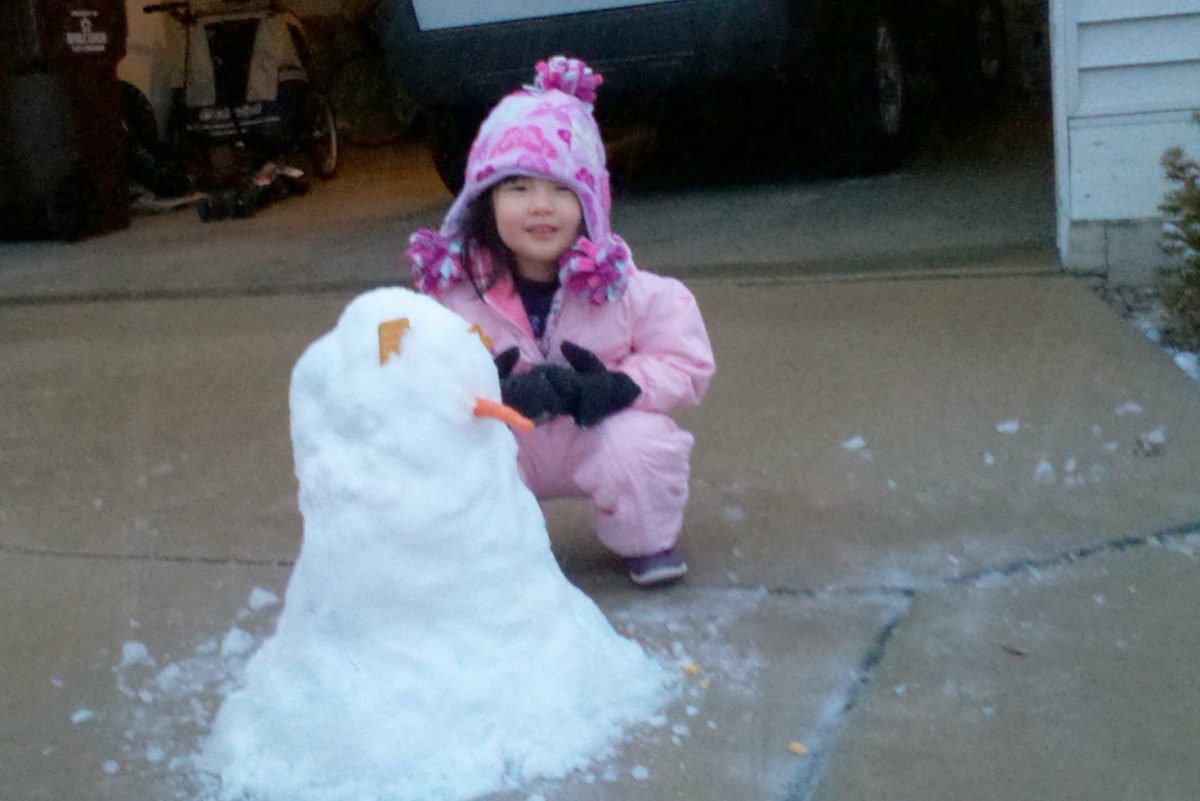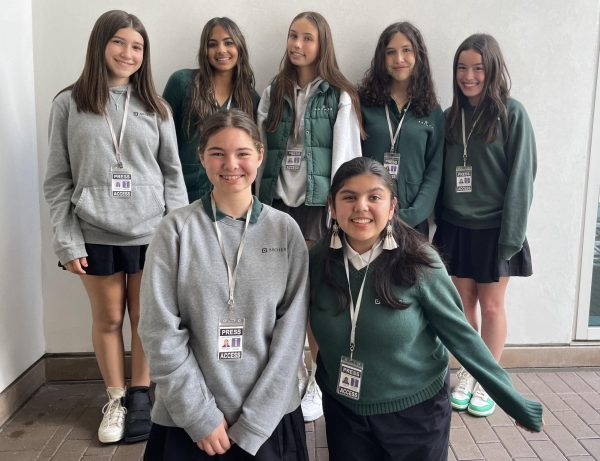It’s no secret that competition is a prominent and central aspect of our capitalistic society. From companies competing for the most customers to students striving for the highest GPA, competition is all-encompassing. But is it always bad?
Competition can be a good thing: It drives motivation and pushes us to achieve our goals. However, there is a fine line between healthy and unhealthy competition. When one begins to equate their self-worth and define their success by how they measure up to those around them, environments become toxic and harmful.
A Robert Wood Johnson report found environments with “an excessive pressure to excel” can lead to high levels of stress and are among the top six types of atmospheres that damage adolescents’ well-being.
According to Ambitions A.B.A., 49% of high school students in the U.S. reported feeling “a great deal” of stress daily, and 80% reported feeling stressed about school and academic performance.
Since Archer is an academic college-preparatory school, how can we balance the benefits and drawbacks of competition and foster a positive, collaborative learning environment? This is a question that we, as a student-run publication, have been thinking about for a while.
Out of the 56 core human values, belonging is the most important to the current population of the United States, according to Forbes. Additionally, a study from MIT’s Teaching and Learning Lab found that a student’s sense of belonging can actually improve their academic performance and protect their well-being.
Not only is community a large aspect of Archer’s culture, but it is also one of our core values as a publication. We aim to create a sense of belonging among staff members on The Oracle and foster an environment where everyone feels seen, appreciated and that they matter as individuals. We have a staff meeting every other schedule rotation, where we talk about important logistics relating to our publication and make time for fun and connection through team building practices. These activities have ranged from cookie-decorating before Winter Break to answering “speed-dating” questions to get to know each other during our first meeting of the 2023-24 school year.
We’ve also written cards for others on staff, once before the beginning of the school year and once for Valentine’s Day, highlighting qualities we admire about or appreciate them for to spread positivity and support for one another. By not only recognizing but also celebrating the unique value everyone brings to our staff, we become a team and community rather than a group of individuals.
Merriam-Webster describes success as a “favorable or desired outcome”; however, this definition is easily misconstrued and warped in competitive environments. Instead of aiming to achieve personal goals and be the best self one can be, individuals strive to be the best in a particular group.
When in a competitive school atmosphere, this can cause students to perceive their peers’ successes as a failure on their part rather than feeling happy for them. To combat this mentality, we support one another on The Oracle and celebrate everyone’s achievements by regularly offering open spaces for staff members to shout out and “share the love” with others, which can be anything from highlighting an interesting article they have recently published to a specific way they’ve been a good team-member. Additionally, every time someone’s article gets published on Best of SNO, our journalism advisor sends an email to our whole staff, and everyone sends their congratulations.
While competition can still exist alongside systems of collaboration, having people work together can reduce the competitiveness of certain environments. Establishing a joint purpose and working towards a common goal unites people while competing against one another to achieve one’s own personal goals causes division.
By implementing collaborative assignments and practices in schools, such as group projects or discussions, students are able to see their peers as their teammates rather than their rivals. For example, we use a collaborative editing process for each article published on our site, where the section editor and editor in chief work together with the author to refine the article to the best it can be.
However, there are certain instances in which competition is unavoidable. As the end of the 2023-24 school year approaches, students engaged in extracurricular activities are finding out about leadership positions for next year. While these circumstances put students in direct competition against one another, having honest conversations and addressing the inherent competition in these cases can reduce the stress surrounding the situation.
On The Oracle, there are explicit questions on all editorial position applications that ask applicants to imagine not getting the role they want. We think by acknowledging the potential disappointment one may face and recognizing that it’s normal to feel that way, people are able to shift their perspective and balance their feelings with how to move forward.
Additionally, there are multiple conversations before decisions come out between students applying for the same role and classrooms as a whole to curb gossip and build an environment of honesty and openness. These conversations also allow everyone to understand how decisions get made and that they’re not personal — it is all about what is best for the publication.
Creating open atmospheres where students collaborate, feel valued and have a sense of belonging can combat the toxicity of unhealthy competition and cultivate a positive learning environment. By fostering a culture of belonging and being happy for others when they succeed, one person’s personal accomplishment can feel like an accomplishment for everyone.



